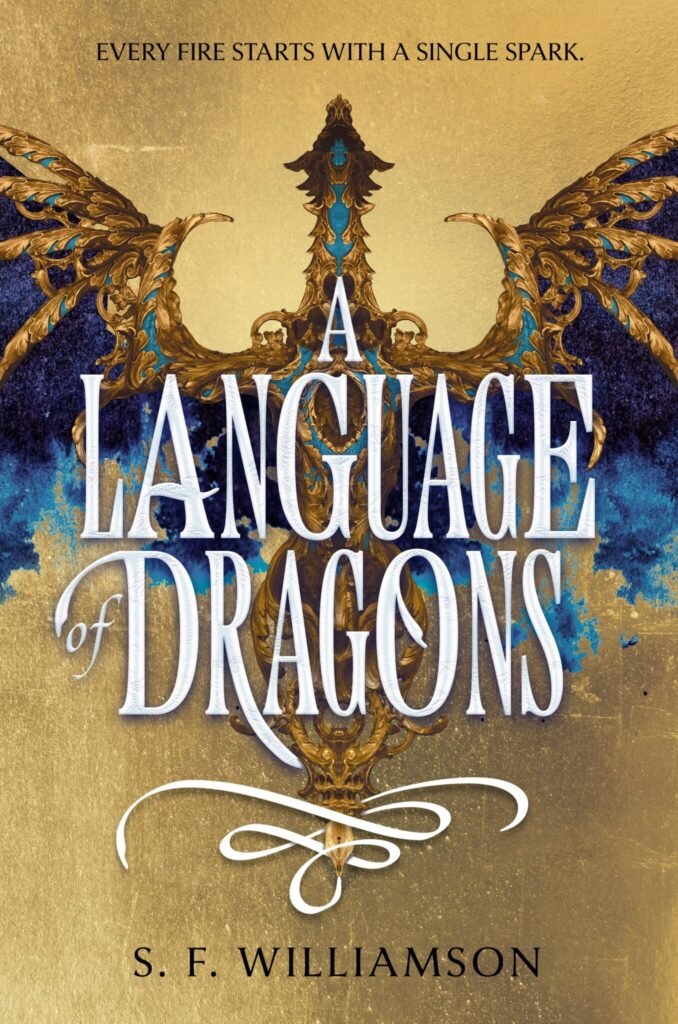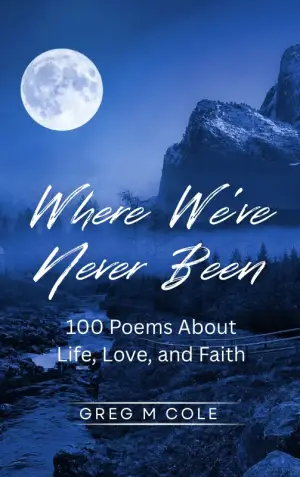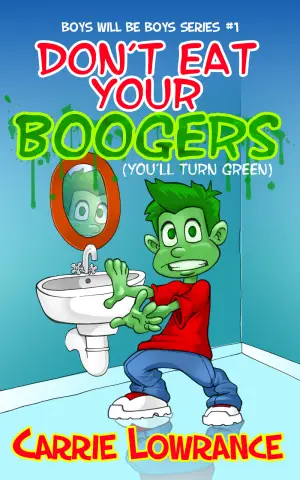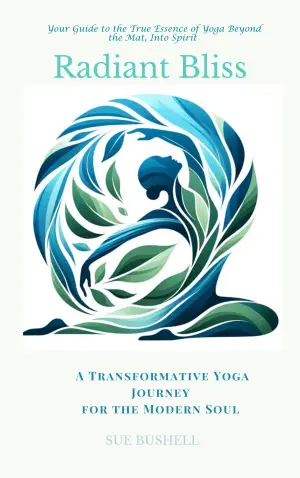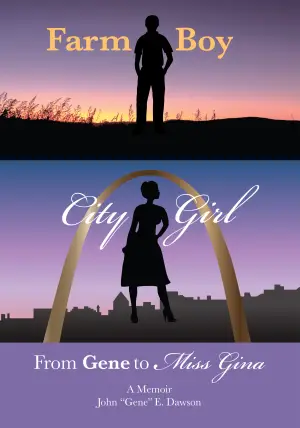Book Review: A Language of Dragons by [Author’s Name]
When I first stumbled upon A Language of Dragons, my excitement levels soared through the roof. I mean, who wouldn’t want to dive into a world that promises dark academia, clandestine romance, and—oh yes—dragons? It was like receiving an invitation to a gala where fantasy and intellect waltz hand-in-hand. However, instead of a thrilling soirée, I found myself trapped in a confusing labyrinth with not a dragon in sight who could set my heart aflame. Huge gratitude to NetGalley and HarperCollins for providing me with a free e-ARC in exchange for an honest review; let’s dive in.
From the outset, the alternative society of dragons and humans had me raising my eyebrows more often than not. While it tried to weave together themes ranging from class division to the duality of power, each thread felt frayed and disjointed. The concept of dragons working as professors or bankers sparked my curiosity, but the execution left me cold. Imagine a fire-breathing beast grading papers or crunching numbers. I couldn’t help but wonder—why would they even bother? The sheer scale of their power made the idea of subservience to humans puzzling at best.
And then there’s Vivien, our protagonist, who is supposed to be the beacon of intellect and strength. Unfortunately, she often felt more like a plot device than a fully-realized character. Her repeated missteps had me sighing with exasperation. Despite her supposed genius—speaking nine languages and figuring out echolocation—she frequently came off as oblivious, leaving me questioning whether the narrative sought to paint her as clever or simply naïve. Characters can be flawed, but if they are branded as smart, they should at least have the benefit of doing some smart things on their own!
The secondary characters, particularly the villains, were so flat that I occasionally wondered if they were parodies rather than players in a serious game. The prime minister, for example, was portrayed as a cartoonish figure lacking any real threat, and I couldn’t suspend my disbelief enough to accept that anyone would fear her. The decisions made by the characters, from recruiting children into espionage to openly sharing secrets with their enemies, felt more like comedic blunders than strategic moves.
Vivien’s interpersonal drama with Sophie could have been a rich vein of character development, yet it fizzled out into a series of eye-rolls. After an ominous betrayal, the resolution felt rushed, robbing the story of emotional weight. It almost seemed incidental to Vivien’s journey, given her pre-existing guilt and sins.
The baby dragons and dracovols, however, were a breath of fresh air amidst the chaos. Their charm was the sole source of joy, while the romance barely flickered to life—more reminiscent of a candle struggling in a draft than a blazing flame.
In short, while A Language of Dragons offered an intriguing concept and a beautiful cover, the execution felt like a hot mess, lacking adequate character depth and a coherent plot. The dragons, for all their mythical majesty, were disappointingly mundane.
Who might enjoy this book? If you revel in whimsical fantasy and can overlook the insistence on trying to balance numerous themes without a clear path, you may find some enjoyment here. Yet, if you’re after tales rich with character complexity and a plot that feels intentional, you might want to keep your distance—because, honey, this dragon just doesn’t fly.
Reading this was an experience, albeit a perplexing one, and while it didn’t resonate with me, I appreciate the journey it began. Here’s to hoping for more enchanting dragons in future adventures!

